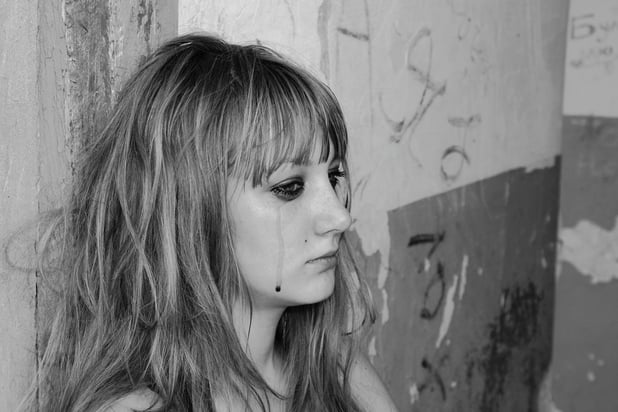An addict in the family can create serious problems for all members. As the addiction progresses, behaviors become more invasive and unacceptable. This is painful for everyone. Blaming the problems on the addict is common, but does little to help them stop. Addiction is not a matter of bad behavior. It is an illness. The addict wants to be a better person, but is in the grip of a powerful illness that is difficult to get away from.
Finding Support for Dealing with Addiction
It is important for those impacted by the addict’s lifestyle and behaviors to understand their role in the process of recovery. The first thing family members and friends can do is become educated about addiction. This can be done in the setting of a treatment program designed for family members and friends of an addict. Support groups and therapies can help them overcome the tendency to blame themselves or the addict for the addiction.
How You Enable Addiction
Family and friends may unknowingly help in ways that are bad for the addict. This is called enabling. What that means is they enable the addict to stay high by giving them money or believing the addict when they say they just need to get back on their feet. Other forms of enabling are bailing the addict out of trouble created by the addiction without letting them suffer the consequences firsthand.
Money will seldom help an addict do anything, except buy more drugs. Bailing an addict out of their painful consequences removes them from understanding the price of their drug use. Most of the time, an addict will stop using when they reach the end of the rope and have no other options. Any form of help or escape will keep the addict using for that much longer.
Allowing the addict to come to the point of wanting to recover can be hard. Having support in this process is important and can make the difference in whether or not the addict embraces recovery. Knowing what to do and how to help goes against many cultural and popular beliefs for loved ones and needs a supportive team to practice. Al-Anon and Nar-Anon are a good source of support, along with treatment options and therapy.
Once the addict determines that they want to get help for their drug problem, there are ways that family members and friends can be helpful and supportive to their recovery process. This begins with allowing the addict to get to the point of asking for help. Many times, they will not be ready to stop using drugs or alcohol until they have paid some price for their use. This may come in the form of legal or social consequences that are difficult to watch happen. However, it may be necessary to allow this occur in order to get the message across to the addict.
Encourage Formal Treatment or Help
Treatment is a great resource for addiction recovery. Most addicts benefit from treatment during the initial phase of recovery from addiction. Encourage your loved one to seek help if they recognize their drug problem. If they want treatment, be supportive while they look into treatment options and solutions.
If you are willing to provide financial assistance in funding their treatment, be sure to work out the arrangements with them and the treatment provider. Some addicts will recover more soundly if they have a financial stake in their treatment expenses. Each case is different, so be willing to ask for help with this matter from the treatment provider. They work with families and loved ones all the time and can suggest healthy ways of helping a loved one get help.
If your loved one goes to treatment, let them know you will find healthy ways to support their recovery process. This can mean going to Family Sessions at the treatment agency, attending 12-step support groups of Al-Anon or Nar-Anon to learn more about recovery and how to navigate your loved one’s treatment. Family counseling or therapy may be necessary, as well. Addiction does a great deal to damage relationships and to violate trust. Be willing to do whatever is needed to heal this damage.
Get Help and Support for Yourself
If your loved one returns to active drug use or does not wish to stop, get help for yourself in the support groups mentioned above. Many spouses, children and parents of drug users can learn from the addicts recovery process, even if their loved one continues to use or abuse drugs and alcohol. Learning about addiction and getting healthy can be the best method for dealing with the problems of living with an addict, and recognizing that it does not have to destroy your life as well. This is especially important if you are a parent with children who are being affected by the drug or alcohol use of a spouse. Your own recovery can make all the difference for you and your children.
Recognizing Signs of Drug and Alcohol Use
Finding clues of drug or alcohol addiction can be tricky as most addicts lie and do their best to cover up their use. By the time there are signs of a problem, the user may be well on the way to addiction. But addicts can and do recover. Remain hopeful about your loved one. You can learn to recognize signs of drug and alcohol use, and encourage your loved one to seek treatment for it. All the while, you should be practicing your own recovery tools, maintain an open mind about your loved one and their chances for getting free of their addiction.
If you or someone you know is seeking help with addiction, please visit our directory of treatment centers or call 866-606-0182 to start the path to recovery today.








